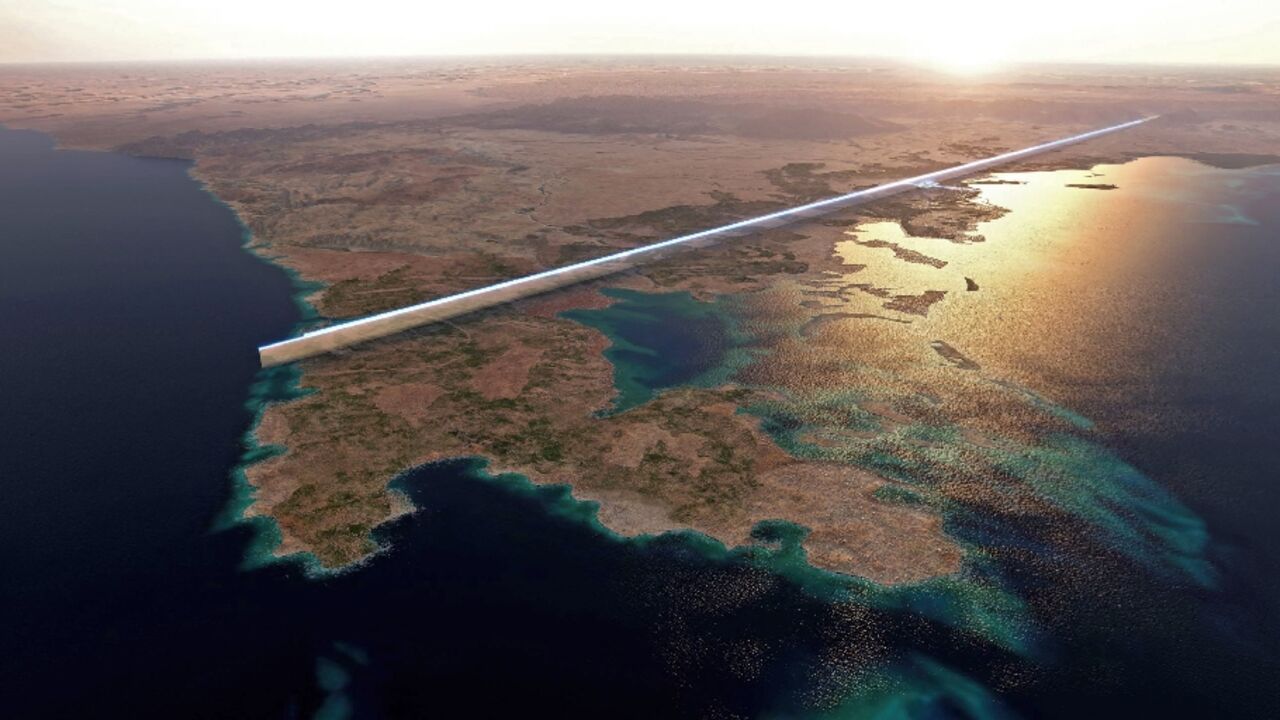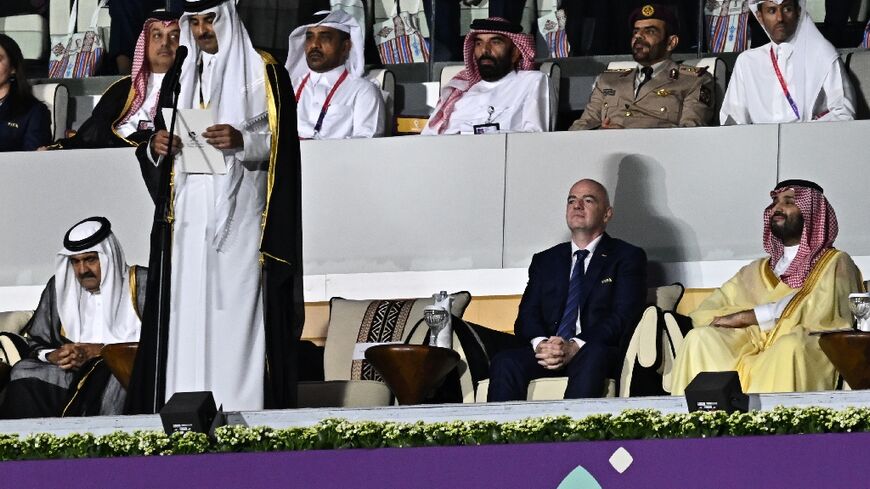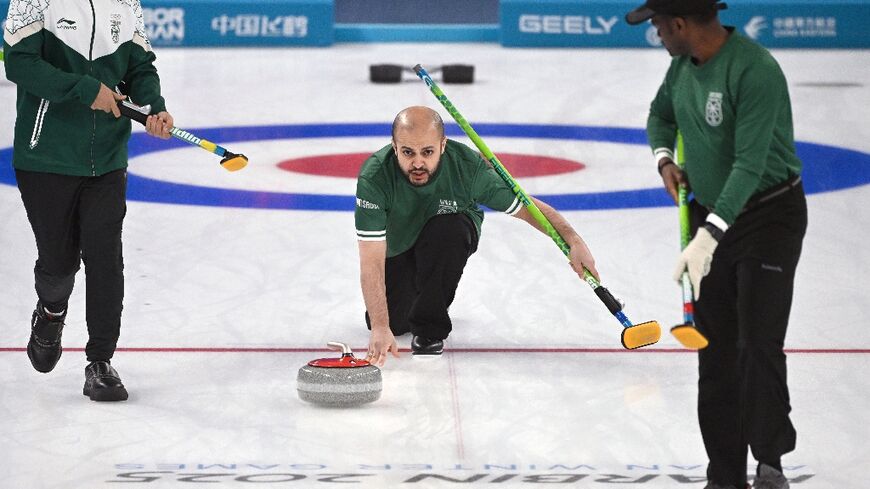Greenpeace blasts 'dangerous' Saudi site for Asian Winter Games

Environmental campaign group Greenpeace on Wednesday denounced as "dangerous" a massive ski resort under construction in northwest Saudi Arabia that this week was named host of the 2029 Asian Winter Games.
News that the 47-event competition would be held in the desert kingdom has raised eyebrows in the sports world while bringing fresh scrutiny to NEOM, a $500-billion futuristic megacity that is a pet project of Crown Prince Mohammed bin Salman.
The Games will take place in Trojena, an area of NEOM that officials say is "generally 10 degrees cooler than the rest of the region" and where developers are planning year-round skiing, a man-made freshwater lake, chalets, mansions and ultra-luxury hotels.
Located 50 kilometres (30 miles) inland from the Red Sea, the site for Trojena receives very little precipitation, raising practical questions about how it could host a ski resort.
"You're changing a natural ecosystem which can have compounding impacts. If you change something in one place, it may change something else in another place, and so on, and it can have impacts on neighbouring ecosystems," said Ahmed El Droubi, regional campaigns manager for Greenpeace.
"I don't even know if we have the capacity to predict and model such impacts, and it is a very dangerous thing to do, to massively alter ecosystems in this manner."
Filling the man-made lake with desalinated water will also be extremely energy-intensive, and not just in the short term, he said.
"It will have to be consistently fed with water and therefore will continue to utilise massive amounts of energy on a long-term basis. Even if it's powered through renewables, it's a waste of energy," he said.
"Just because something is powered by renewables doesn't make it sustainable or environmentally friendly... There are many other factors."
Trojena is meant to be surrounded by a nature reserve, something developers say they will be mindful of as they proceed with the project, respecting local flora and fauna.
Prince Mohammed has tried to make the image of his country, the world's biggest crude exporter, more environmentally friendly, including with mega-projects like NEOM.
But El Droubi also found fault with a perceived focus on high-end housing in NEOM.
"My question is, Is there a need for this? Is there a need for really expensive high-end housing in this city? Who needs housing in the region? There is an oversupply of real estate for the rich elite," he said.
"If we're thinking sustainably we need to build eco-friendly homes for the populations that are struggling and suffering to find dignified housing."
While he said the Saudis are right to try to diversify their economy, this should be done in a more sustainable way.
"Excessive development and construction utilises an immense amount of energy and has a ridiculous amount of emissions that perpetuate the climate crisis," he said.





